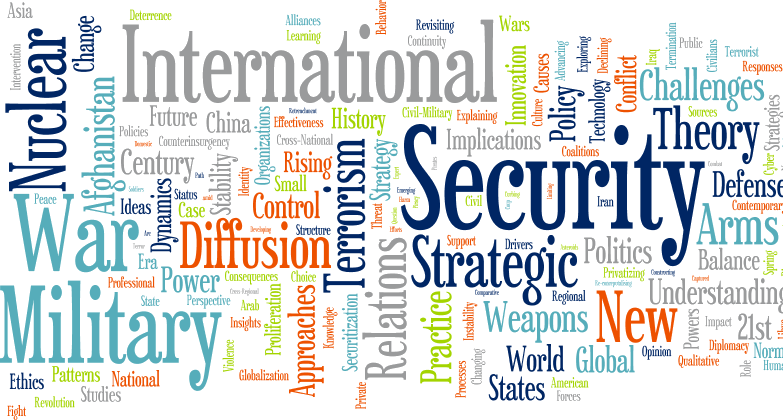All eyes have been on Ukraine since the start of the violent protests, the shooting of Malaysian Airlines, the involvement of the “little green men”, and the annexation of the Crimea. Some argue that the “little green men” may not have official insignia that connects them to a particular country but it cannot be denied that Russia is in fact supplying weapons and artillery to the Ukrainian rebels. Criticisms of Russia’s military action have been coming from the international community with various economic sanctions placed on Russia.
What are Russia’s true motives behind the Ukrainian crisis and taking over the Crimea? It can be argued that President Putin has behaved irrationally when deciding to annex the Crimea and aid the Ukrainian rebels. It also seems like an impractical foreign policy decision especially since Russia’s actions in Ukraine ultimately ruined the goodwill recently generated from the recent Winter Olympics that they hosted.
I would argue in a similar position as our guest lecturer Yana Gorokhovskaia that there are some actual rational explanations behind Russia’s motives in Ukraine. Russia may have actually been provoked by NATO expansion, as Mearsheimer would argue. The Western viewpoint is that the Ukraine crisis can be blamed on Russian aggression and that Russia may be trying to be imperialist and get their old Soviet Empire back hence annexing the Crimea and might actually go after the rest of Ukraine. However this may be false, because the United States and its European allies under NATO may also be blamed for the crisis
One of the reasons for Russia’s involvement in the Ukrainian crises is because of NATO enlargement and encroachment around Russia. Initially there was an agreement that Ukraine, East Germany, and the Eastern bloc countries would not be a part of NATO as a sort of buffer between the West and Russia but that promise was completely disregarded with Ukraine and various eastern bloc countries attaining membership under NATO. Russia sees this expansion as NATO’s strategy to move Ukraine out of Russia’s influence and integrate it into the west and the European Union. The EU is also trying to create a “sphere of influence” in Eastern Europe along with NATO.
Mearsheimer argues that the “West’s triple package of policies – NATO enlargement, EU expansion and democracy promotion” is what provoked Russia’s actions towards the Ukrainian crisis. So the West might be equally to blame with the crisis in Ukraine. Putin is a realist and would not accept further NATO expansion that seems to be threatening Russia and pushing them into a corner. NATO bombed Serbia but Russia did not react then because of state weakness and now they have chosen to react and intervene in the Ukrainian crisis because it is now a stable state that has the capability to react.
In Russian media, the United States and the West’s involvement in Ukraine is portrayed as American imperialism and would ultimately lead to the failure and civilian casualties like Serbia, Iraq, Afghanistan, and Syria therefore it has an obligation to ensure that this does not happen to Ukraine. It is also interesting to note that Putin’s approval ratings actually spike up higher during times of conflict. So the Russian public seems to be in favor of Putin’s foreign policy in regards to Ukraine.
Ukraine has a strategic importance to Russia and serves as a buffer state. The US and NATO should abandon their plan to westernize Ukraine and instead aim to make it a neutral buffer in between the West and Russia. As a result of NATO, EU, and overall Western expansion, the US and its allies unknowingly provoked a major crisis in Ukraine. All the blame shouldn’t just be put on Putin being crazy and irrational and trying to bring back Soviet dominance. The ultimate goal of the international community should be to allow Ukraine to have its own sovereignty over its own country and it shouldn’t be forced to choose to be on the side of the West or Russia.
